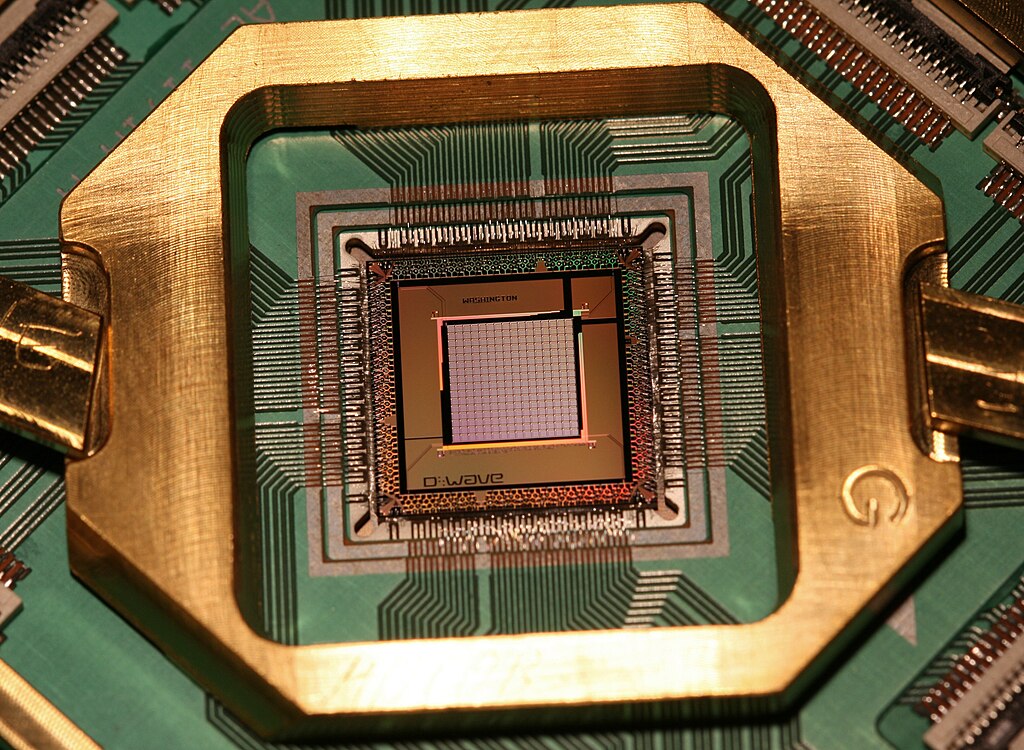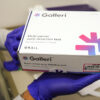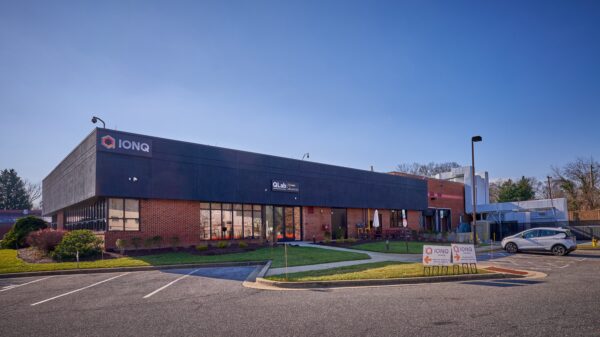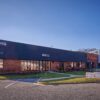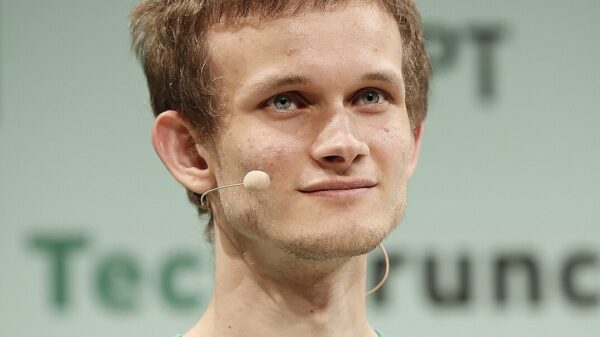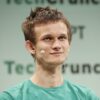D-Wave Quantum Inc. (NYSE: QBTS) sold a quantum computer to the high performance computing centre, Julich Supercomputing Centre (JSC), at Forschungszentrum Julich (FZJ) in Germany.
This deal, finalized on Wednesday, effectively made FZJ the first high performance computing (HPC) center in the world to own a quantum annealing computing system.
JSC has acquired the world’s largest quantum computer. It’s also Europe’s first quantum computer with more than 5,000 qubits and 15-way connectivity, granting its Jülich UNified Infrastructure for Quantum computing (JUNIQ) complete access to all aspects of the system.
This access will allow JUNIQ to integrate the D-Wave system with Jülich’s JUPITER exascale supercomputer in the future. The expectation is that breakthroughs in artificial intelligence (AI) and quantum optimization will follow.
For now, though, JSC will upgrade its system to D-Wave’s next-generation Advantage2 processor once it becomes available. The Advantage2 system will deliver significant performance gains by doubling coherence, increasing connectivity, and boosting the energy scale by 40 per cent for advanced problem-solving.
Quantum annealing is a specialized optimization technique that uses quantum mechanics to solve complex computational problems. This is typically far more efficient than classical methods.
It works by encoding a problem into a quantum system, which then evolves toward its lowest energy state. This represents the optimal solution. This process relies on quantum superposition and tunneling to explore multiple potential solutions simultaneously. Furthermore, these processes help escape problems that often trap classical algorithms.
Quantum annealing is particularly useful for optimization problems in logistics, finance, machine learning, and materials science, where finding the best possible solution among many variables is computationally intensive.
Read more: Quantum computing might be around the corner: A Mugglehead roundup
Read more: D-Wave Quantum’s new program gives enterprise access to quantum optimization tools
Quantum computing used to fight Alzheimer’s and Parkinson’s
Since partnering with D-Wave, JUNIQ’s scientific users have successfully applied the D-Wave system to various research projects.
In 2022, researchers from Lund University in Sweden used the annealing quantum computer to study protein folding.
Their calculations offered new insights into the role of protein folding in diseases such as Alzheimer’s and Parkinson’s. Furthermore, Physical Review Research selected their paper as an ‘Editor’s Selection.’
In the summer of 2024, JSC scientists demonstrated that an annealing quantum computer can directly mirror the microscopic interactions of electrons in a material. This was an important breakthrough in the field and Nature Communications published their findings.
Most recently, a team of scientists from JSC, the University of Leeds, and the Institute of Science and Technology Austria gained key insights into quantum physical processes involved in the formation of the universe. They combined the D-Wave system with a supercomputer to conduct their calculations. Last week, Nature Physics published their results.
.
Follow Joseph Morton on Twitter
joseph@mugglehead.com

